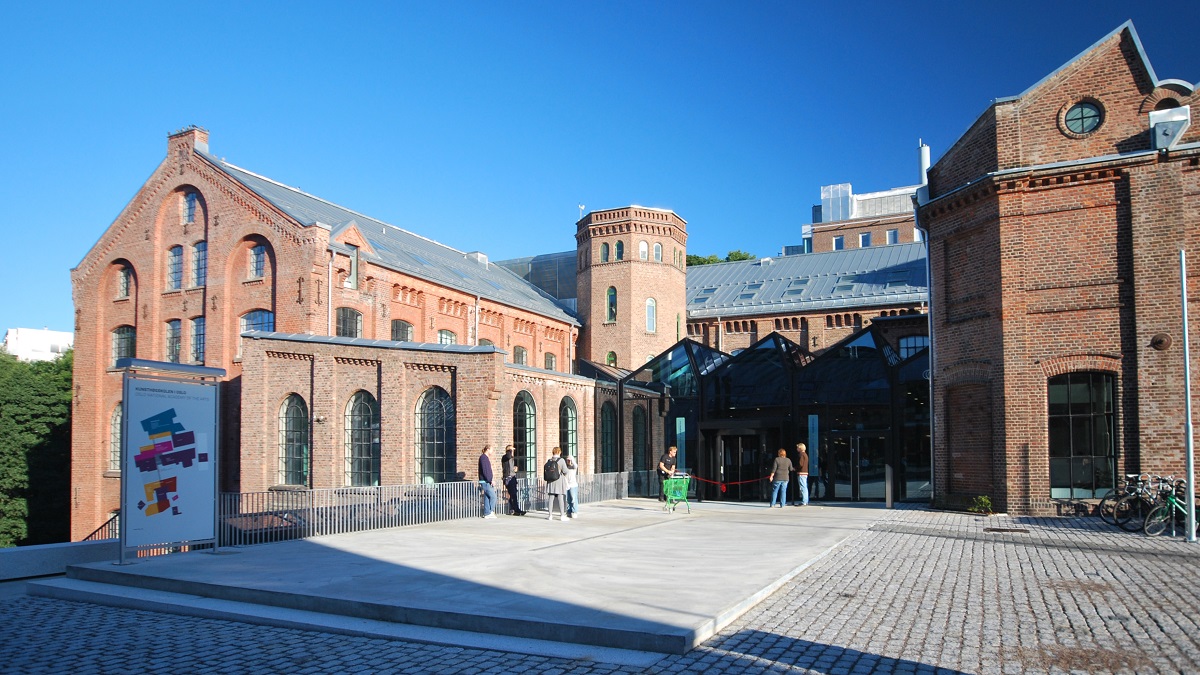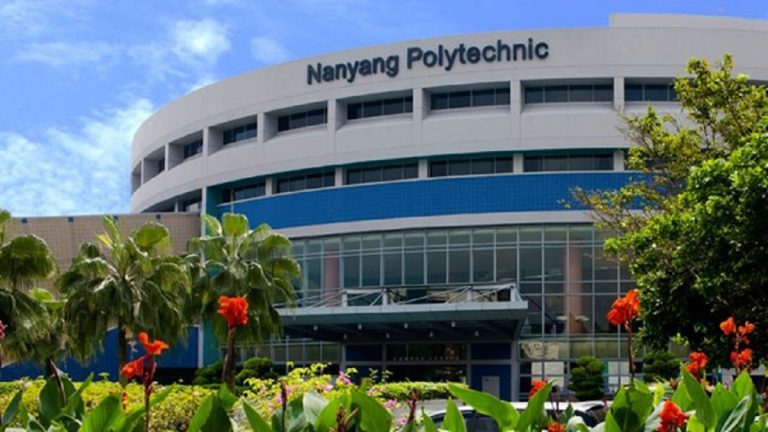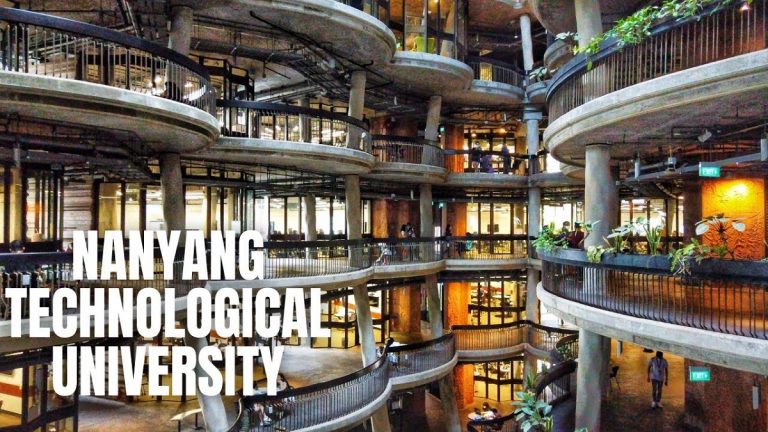
Job description
A Doctoral Research Fellowship (SKO1017) in Neurocognitive Foundations of Temporal Predictions is available at RITMO Centre for Interdisciplinary Studies in Rhythm, Time and Motion at the University of Oslo.
RITMO is a Centre of Excellence funded by the Research Council of Norway. This interdisciplinary centre focuses on rhythm as a structuring mechanism for the temporal dimensions of human life. Methods from musicology, psychology, neuroscience, and informatics are combined to study rhythm as a fundamental property that shapes and underpins human cognition, behaviour and cultural expressions.
All RITMO researchers are co-located and work in a unique interdisciplinary constellation, with world-leading competence in musicology, psychology and informatics. It is expected that all members of the centre contribute to the general activities and collaborations within RITMO. The researchers have access to state-of-the-art facilities in sound/video recording, motion capture, eye tracking, physiological measurements, various types of brain imaging (EEG, fMRI), and rapid prototyping and robotics laboratories.
More about the position
The Doctoral Research Fellow will examine the neurocognitive basis of temporal prediction in the auditory modality and how expectations may be modulated by selective attention and/or varying degrees of complexity. Behavioural and electrophysiological (EEG) correlates of experimental manipulations will be studied in healthy participants and in neurological patients with focal brain lesions (subregions of the frontal and temporal lobes) performing cognitive tasks involving musical or other acoustic signals. It is of key interest to delineate the differential roles of prefrontal and temporal cortices in the anticipation of events structured at different complexities and timescales.
The project will be part of an overall thematic area focused on timing, expectations, and attention in complex rhythmic contexts.
Applicants should upload a research outline, with research questions and theoretical and methodological approaches.
The candidate will be supervised by Anne-Kristin Solbakk.
The research fellow must take part in the Faculty of Social Sciences approved Ph.D. program and is expected to complete the project within the set fellowship period.
The appointment is for a duration of three years, starting 1 May 2023. There might be a possibility to extend the appointment to four years depending on the qualifications of the recruited candidate, the Department’s need for teaching, or the centre’s need for assistance. The candidate will be enrolled in RITMO’s Career Development Programme.
Qualifications/requirements
- A Master’s degree or equivalent in psychology or cognitive neuroscience (e.g., cognitive psychology, neuropsychology, computational neuroscience) or another relevant field. The applicant is required to document that the degree corresponds to the profile for the post. The degree must have been obtained by the time of application.
- Competence in a) cognitive experimental designs, b) processing of electrophysiological data (event-related potentials and/or oscillatory activity), and c) statistics.
- Experience with one or more of the following is an advantage: music, musicology, machine learning, structural or functional MRI, and research on clinical groups (neurological/neuropsychiatric).
- Excellent skills in written and oral English.
- Personal suitability and motivation for the position.
To be eligible for admission to the doctoral programmes at the University of Oslo, applicants must, as a minimum, have completed a five-year graduation course (Master’s degree or equivalent), including a Master’s thesis of at least 30 ECTS. In special cases, the Faculty may grant admission on the basis of a one-year Master course following an assessment of the study programme’s scope and quality
In assessing the applications, special emphasis will be placed on:
- The applicant’s academic qualifications
- The quality of the research outline and its relevance to the research objectives of RITMO
- The applicant’s estimated academic and personal ability to complete the project within the time frame and contribute to the research objectives of RITMO
- The applicant’s ability to complete research training
- Collaboration skills and ability to join interdisciplinary academic communities.
Applicants who have recently graduated with excellent results may be given preference.
We offer
- Salary level 501 200-544 400 NOK per annum, depending on qualifications.
- A professionally stimulating working environment.
- Attractive welfare benefits
- Membership in the Norwegian Public Service Pension Fund
How to apply
Applicants must submit the following attachments with the electronic application:
- Application letter describing the applicant’s qualifications and motivation for the position.
- Curriculum Vitae (complete list of education, positions, teaching experience, administrative experience and other qualifying activities, including a complete list of publications with links to the full version of published papers).
- Research outline, including relevant research questions and theoretical and methodological approaches (approximately 2-3 pages, see the template for research outline).
- Transcript of records of your Master’s degree. Applicants with education from a foreign university are advised to attach an explanation of their university’s grading system
- Names and contact details of 2-3 references (name, relation to candidate, e-mail and telephone number).
Please note that all documents must be in English or a Scandinavian language.
Educational certificates, master theses and the like are not to be submitted with the application, but applicants may be asked to submit such information or works later.
The application with attachments must be delivered in our electronic recruiting system, jobbnorge.no. The application must be submitted by the deadline October 10 2022 (23:59 Central European Summer Time).
Short-listed candidates will be invited for an interview.
Formal regulations
See also regulations as well as guidelines for the application assessment process and appointments to research fellowships.
Following the Freedom of Information Act (Offentleglova) § 25, Chapter 2, demographic information about the applicant may be used in the public list of applicants even if the applicant opts out from the entry in the public application list.
The University of Oslo has an Acquisition of Rights Agreement for the purpose of securing rights to intellectual property created by its employees, including research results.
The University of Oslo aims to achieve a balanced gender composition in the workforce and to recruit people with ethnic minority backgrounds.
Contact information
Head of Administration Pia Søndergaard, e-mail: [email protected], phone number: +47 22 85 44 89
Foto: Colourbox
About the University of Oslo
The University of Oslo is Norway’s oldest and highest ranked educational and research institution, with 28 000 students and 7500 employees. With its broad range of academic disciplines and internationally recognised research communities, UiO is an important contributor to society.
RITMO Centre for Interdisciplinary Studies in Rhythm, Time and Motion is financed through the Research Council of Norway’s Centre of Excellence Scheme.
RITMO combines a broad spectrum of disciplines – from musicology, neuroscience and informatics – to study rhythm as a fundamental property of human cognition, behaviour and cultural expression. The Centre is organized under the Department of Musicology, in close collaboration with the Department of Psychology and the Department of Informatics.



